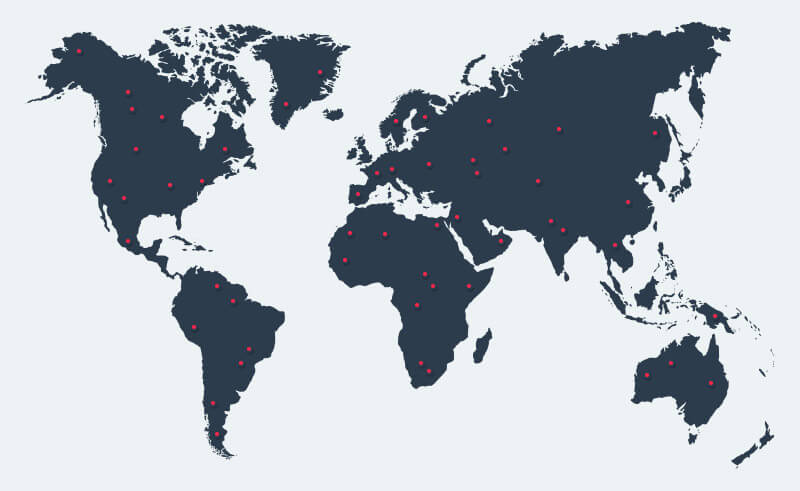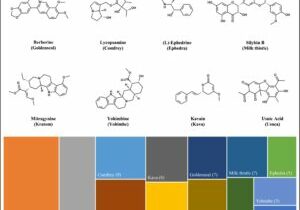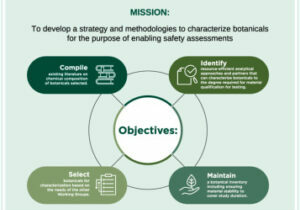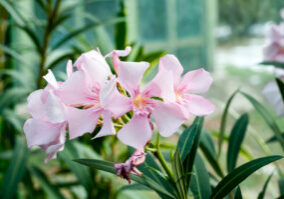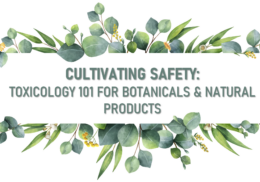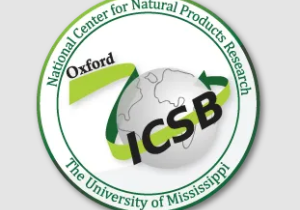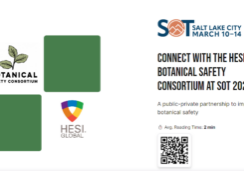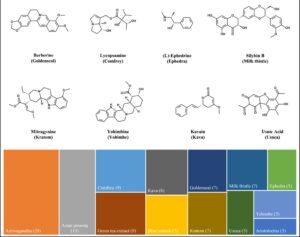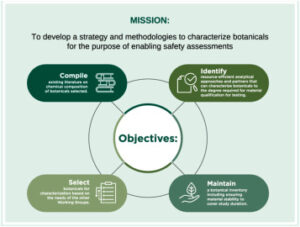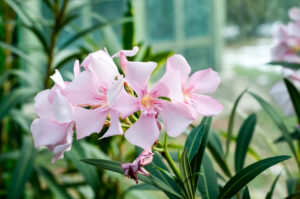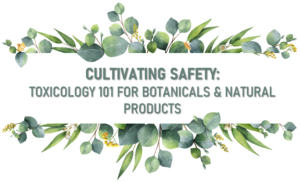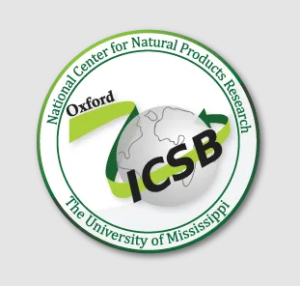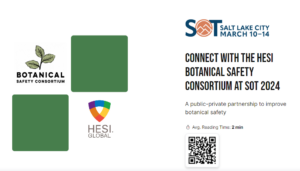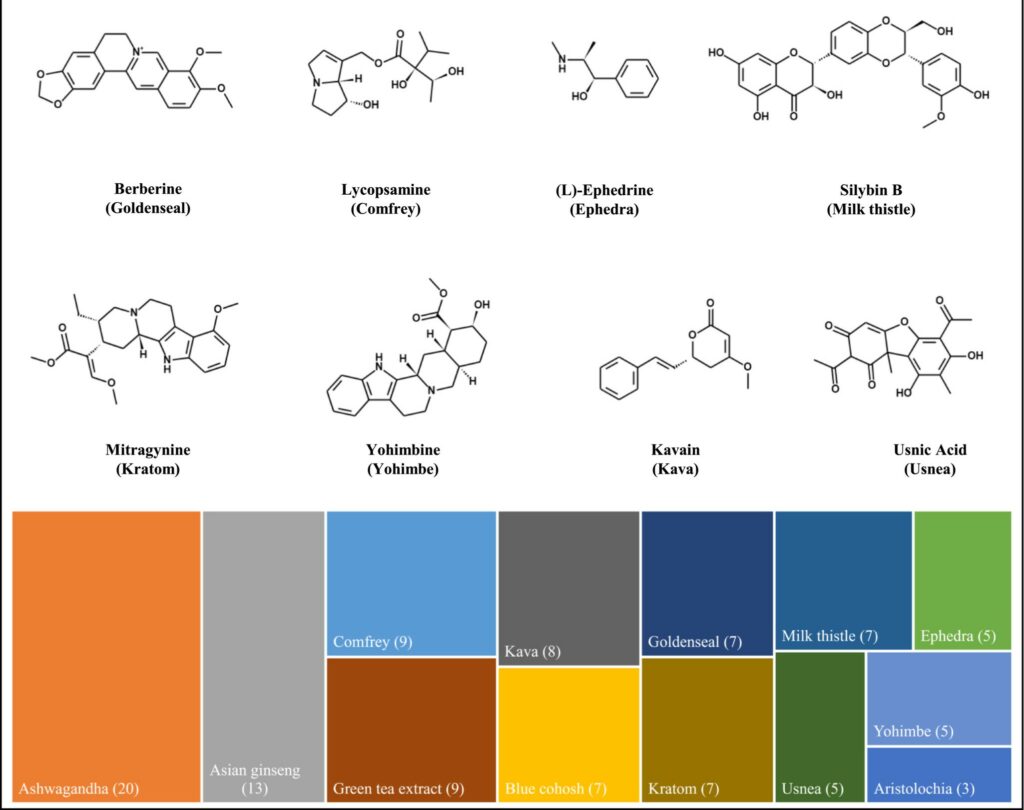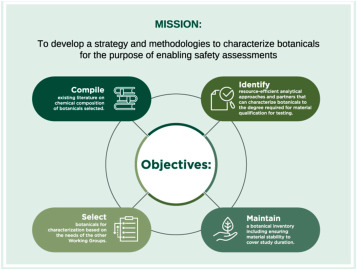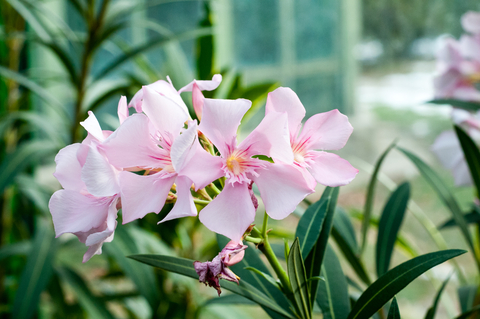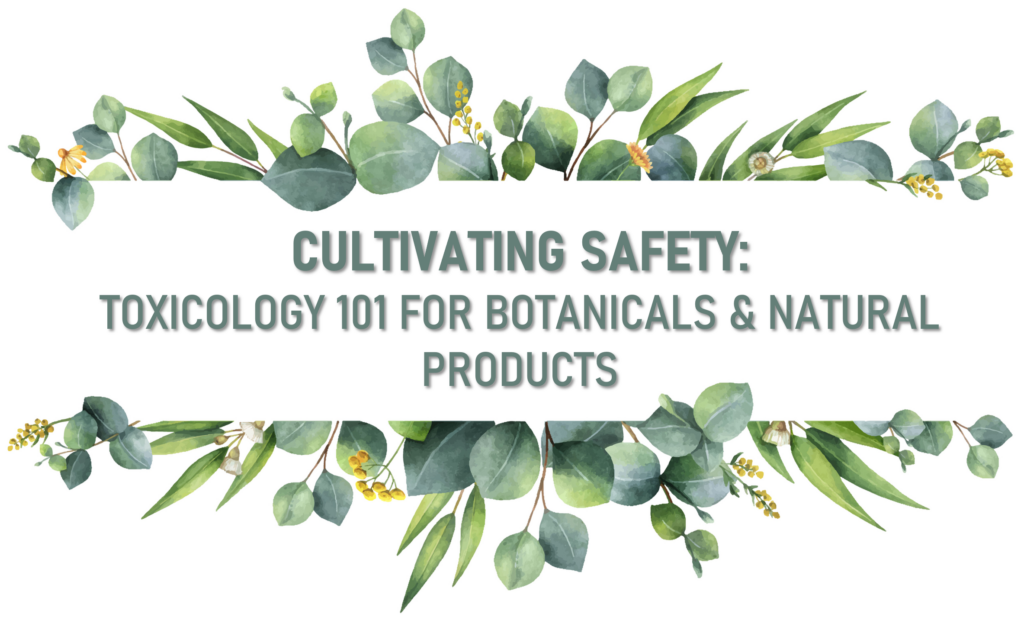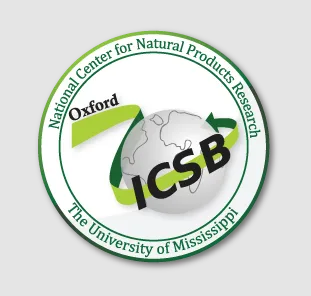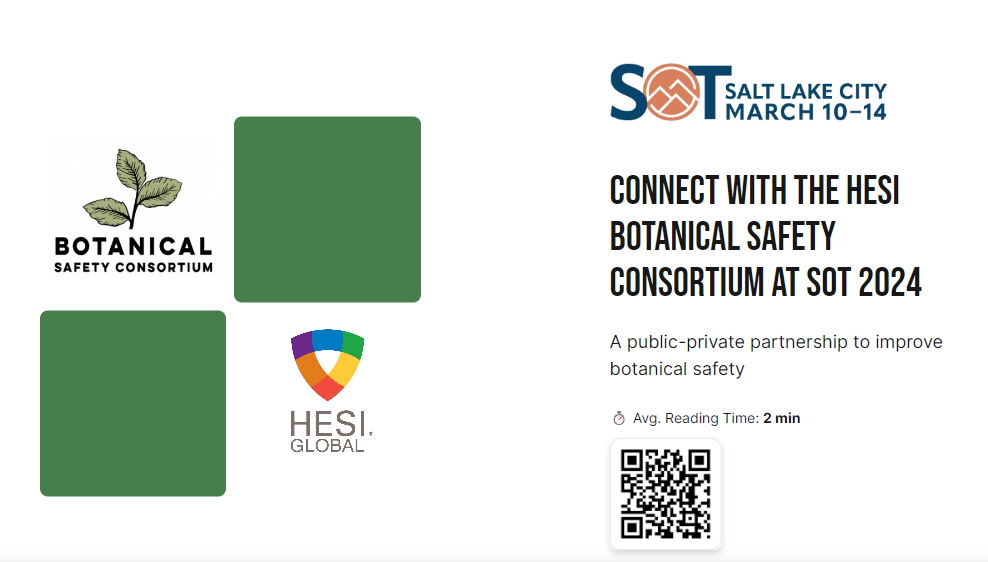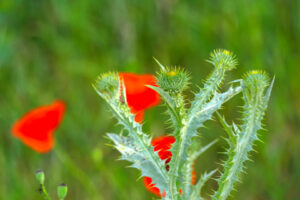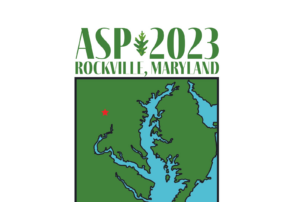New publication: Prediction of physicochemical and pharmacokinetic properties of botanical constituents by computational models
A newly published study from the Botanical Safety Consortium used computational models to predict the physiochemical and pharmacokinetic properties of botanical constituents. This study investigated 103 major compounds from 13 botanicals (e.g., ashwagandha, kratom, and yohimbe), providing insights into their absorption, bioavailability, and safety profiles. The in-silico predictions could help guide future safety studies and the…
New publication: Within-laboratory reproducibility of Ames test results: Are repeat tests necessary?
A cross-sector group of experts from the Health and Environmental Sciences Institutes (HESI)’s Botanical Safety Consortium (BSC) and Genetic Toxicology Technical Committee (GTTC) analyzed data from the National Toxicology Program (NTP) Ames test database to evaluate the need for repeat testing when assessing the mutagenic and carcinogenic potential of chemical compounds. Key Findings: High reproducibility for initial positive and…
Botanical Safety Consortium Summit 2024
Thursday October 10 and Friday October 11 2024 In-person: The National Institute of Environmental Health Sciences (NIEHS), Durham, NC, USA Virtual: TBA The Botanical Safety Consortium (BSC) will hold it’s first in-person meeting (with virtual option) at NIEHS in Durham, NC in October 2024. The in-person meeting is limited to members, with preference for steering…
New publication: Advancing botanical safety
Advancing botanical safety: A strategy for selecting, sourcing, and characterizing botanicals for developing toxicological tools. Waidyanatha et al., February 2024. Food and Chemical Toxicology. https://doi.org/10.1016/j.fct.2024.114537 Increases in botanical use, encompassing herbal medicines and dietary supplements, have underlined a critical need for an advancement in safety assessment methodologies. This manuscript highlights: 1) Botanical Safety Consortium’s strategy for…
New publication in Food and Chemical Toxicology
Neuroactivity screening of botanical extracts using microelectrode array (MEA) recordings Regina G.D.M. van Kleef, Michelle R. Embry, Constance A. Mitchell, Remco H.S. Westerink. Food and Chemical Toxicology. https://doi.org/10.1016/j.fct.2024.114438 The HESI Botanical Safety Consortium collaborates to develop screening strategies that can efficiently identify botanical-induced toxicity. The study presented here evaluates the applicability of in vitro multi-well microelectrode…
International Congress on Natural Products Research (ICNPR)
13 – 17 July 2024 The Botanical Safety Consortium is holding a training course as part of the meeting on Saturday 13 July entitled “Cultivating Safety: Toxicology 101 of Botanicals and Natural Products.“ This course will offer a deep dive into the world of botanicals, bridging the gap between their traditional uses and modern applications in supplements,…
ICSB 2024
15 -18 April 2024 The Botanical Safety Consortium will be in attendance and presenting at the 22nd International Conference on the Science of Botanicals. Speakers include Connie Mitchell (HESI), and committee members Cynthia Rider (NIEHS), Amy Roe (P&G), Bill Gurley (U of Mississippi), and Holly Johnson (AHPA).
34th German Society for Environmental Mutation Research Meeting (GUM)
20 – 22 March 2024 The Botanical Safety Consortium will present two posters at the 34th German Society for Environmental Mutation Research Meeting (GUM). When: 20 – 22 March, 2024 Where: Kaiserslautern, Germany A Strategy for Developing a Robust Framework of Genotoxicity Assays for Safety Assessment of Botanicals The Botanical Safety Consortium: Collaborative Effort to…
SOT 2024
10 – 14 March 2024 The BSC will be presenting at SOT 2024 in Salt Lake City, UT, USA. Monday, March 11@1:45-4:30pm Symposium Session: Botanical-Induced Toxicity: Liver Injury and Botanical Drug Interactions, chaired by Amy Roe (P&G). BSC speakers include Steve Ferguson (NIEHS), Philip Yeager (US FDA), Mary Paine (Washington State University), Igor Koturbash (university Arkansas…
Botanical Safety Consortium: Introduction and Updates
18 January 2024 Connie Mitchell, Michelle Embry & Julie Krzykwa will be presenting to the US FDA Center for Food Safety and Applied Nutrition (CFSAN) to update the progress of the HESI Botanical Safety Consortium.
The Botanical Safety Consortium (BSC) was officially convened in November 2019, as the result of a Memorandum of Understanding between the US Food and Drug Administration (FDA), the National Institutes of Health’s National Institute of Environmental Health Sciences (NIEHS), and the non-profit Health and Environmental Sciences Institute (HESI).
Get Involved
At a Glance
Learn More
Our current charge is to evaluate the suitability of assays for botanicals as complex mixtures.
Latest News
New publication in Regulatory Toxicology and Pharmacology
Improving the rigor and utility of botanical toxicity studies: Recommended resources Deval Patel, Barbara C. Sorkin, Constance A. Mitchell, Michelle R. Embry, Sharline Rina-Kong, Rebecca E. Adams, Emily…
New BSC Review
Potential pharmacokinetic interactions with concurrent use of herbal medicines and a ritonavir-boosted COVID-19 protease inhibitor in low and middle-income countries Dallas J. Smith, Huichang Bi, Josias Hamman, Xiaochao…
BSC 2023 Annual Meeting
28 September 2023 Botanical Safety Consortium 2023 Annual Meeting held virtually on Thursday, September 28, 2023 from 9:00 – 3:30 (US Eastern). The meeting is free an open…
SPS 2023 Annual Meeting
18 – 21 September 2023 HESI Botanical Safety Consortium Cardiotoxicty Technical Working Group poster at the 2023 Safety Pharmacology Society Annual Meeting in Brussels, Belgium. P132: From…
ETS 2023 Annual Meeting
17 – 20 September 2023 HESI Botanical Safety Consortium DART Technical Working Group poster at the 51st Annual Meeting of the European Teratology Society in Madrid, Spain. Go…
EMGS 2023 Annual Meeting
9 – 13 September 2023 HESI Botanical Safety Consortium Genotoxicity Technical Working Group poster presentation entitled “A Strategy for Developing a Robust Framework of Genotoxicity Assays for Safety…
ASP2023 – Current Topics in Botanical Safety Workshop
22 July 2023, 1:30 – 4:30pm HESI Botanical Safety Consortium workshop on Saturday, 22 July from 1:30 – 4:30pm at the 2023 American Society of Pharmacognosy Annual Meeting…
71st International Congress and Annual Meeting of the Society for Medicinal Plant and Natural Product Research (GA)
July 5, 2023 BSC sponsored session on “Current Topics in Botanical Safety” at the 71st International Congress and Annual Meeting of the Society for Medicinal Plant and Natural…
ICSB 2023
25 April 2023 HESI Botanical Safety Consortium session at the 21st International Conference on the Science of Botanicals (ICSB). ICSB Session 7a: Botanical Safety Assessment: Updates From The BSC…
Society of Toxicology 2023 Meeting
19-23 March 2023 HESI Botanical Safety Consortium at SOT2023 in person in Nashville. Symposium: New Approach Methodologies to Evaluate Botanical Safety, Monday 20 March, 1:45 pm – 4:30…
